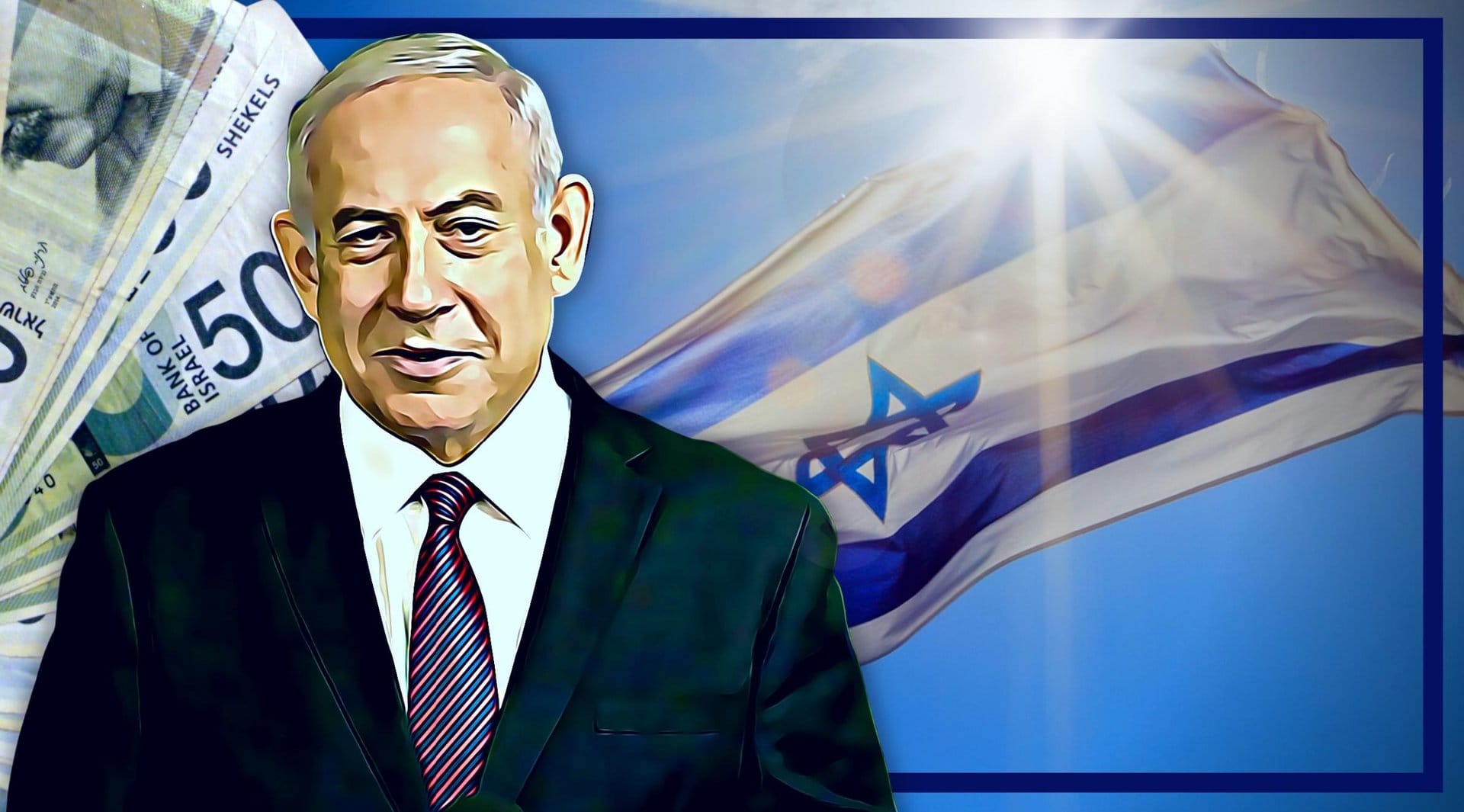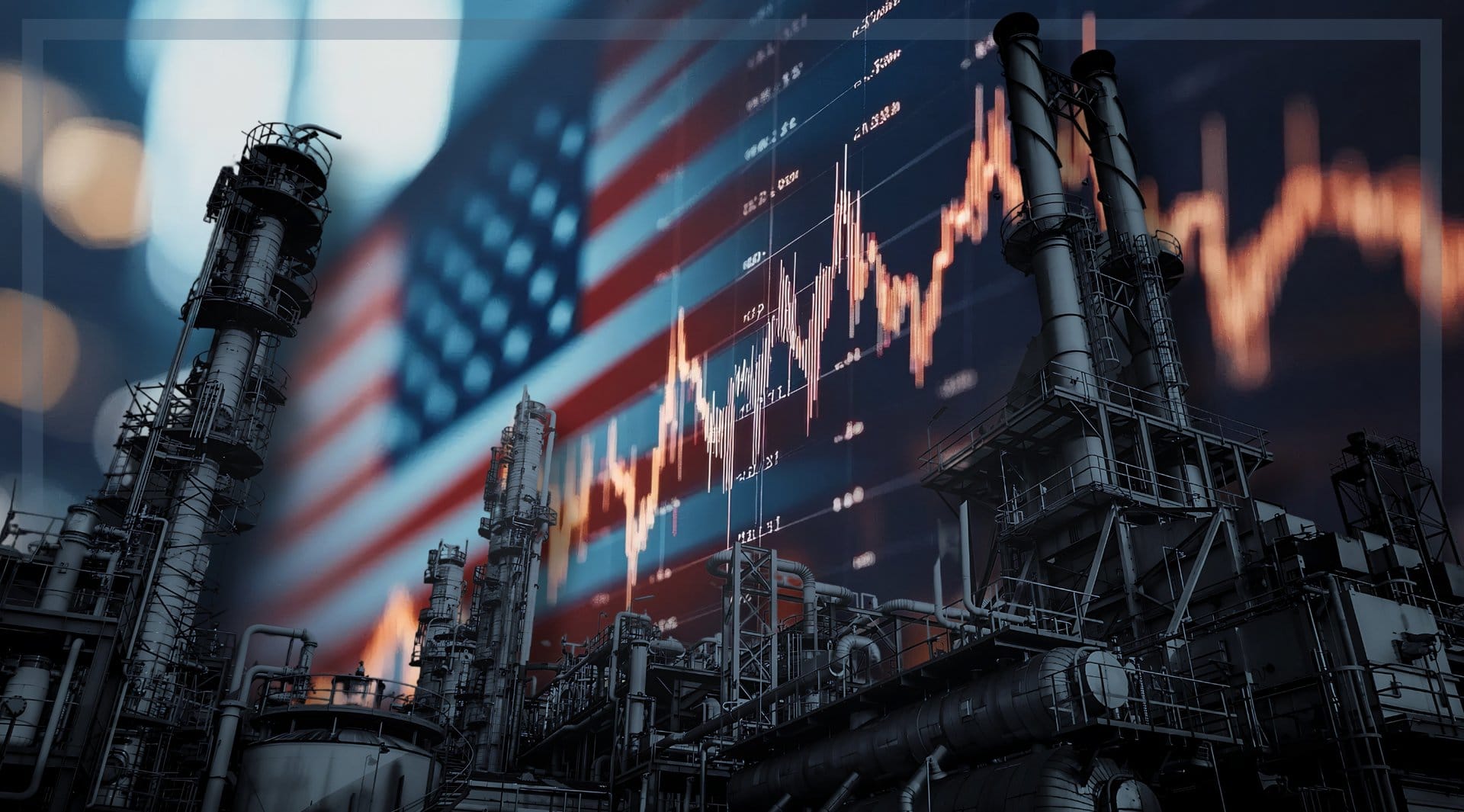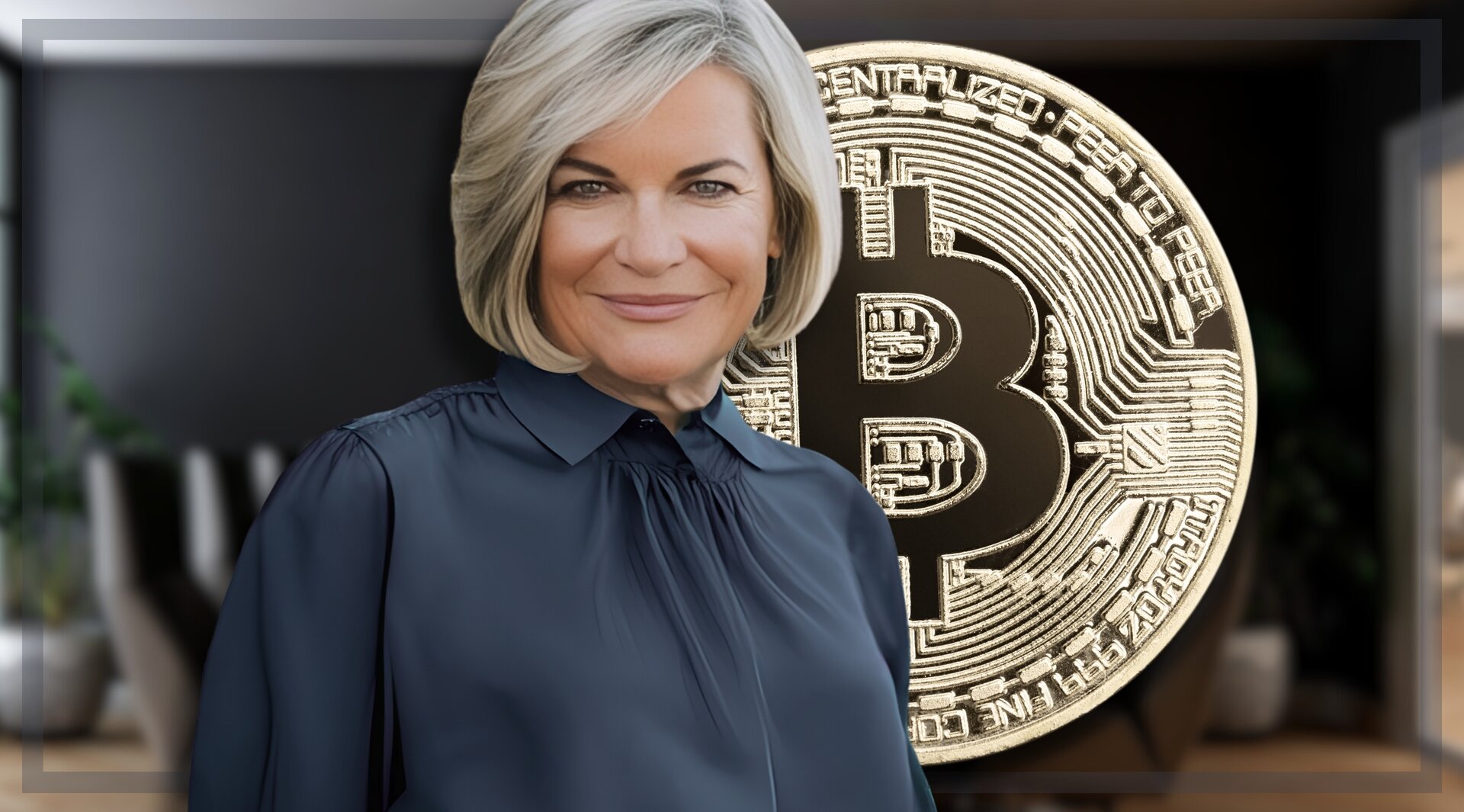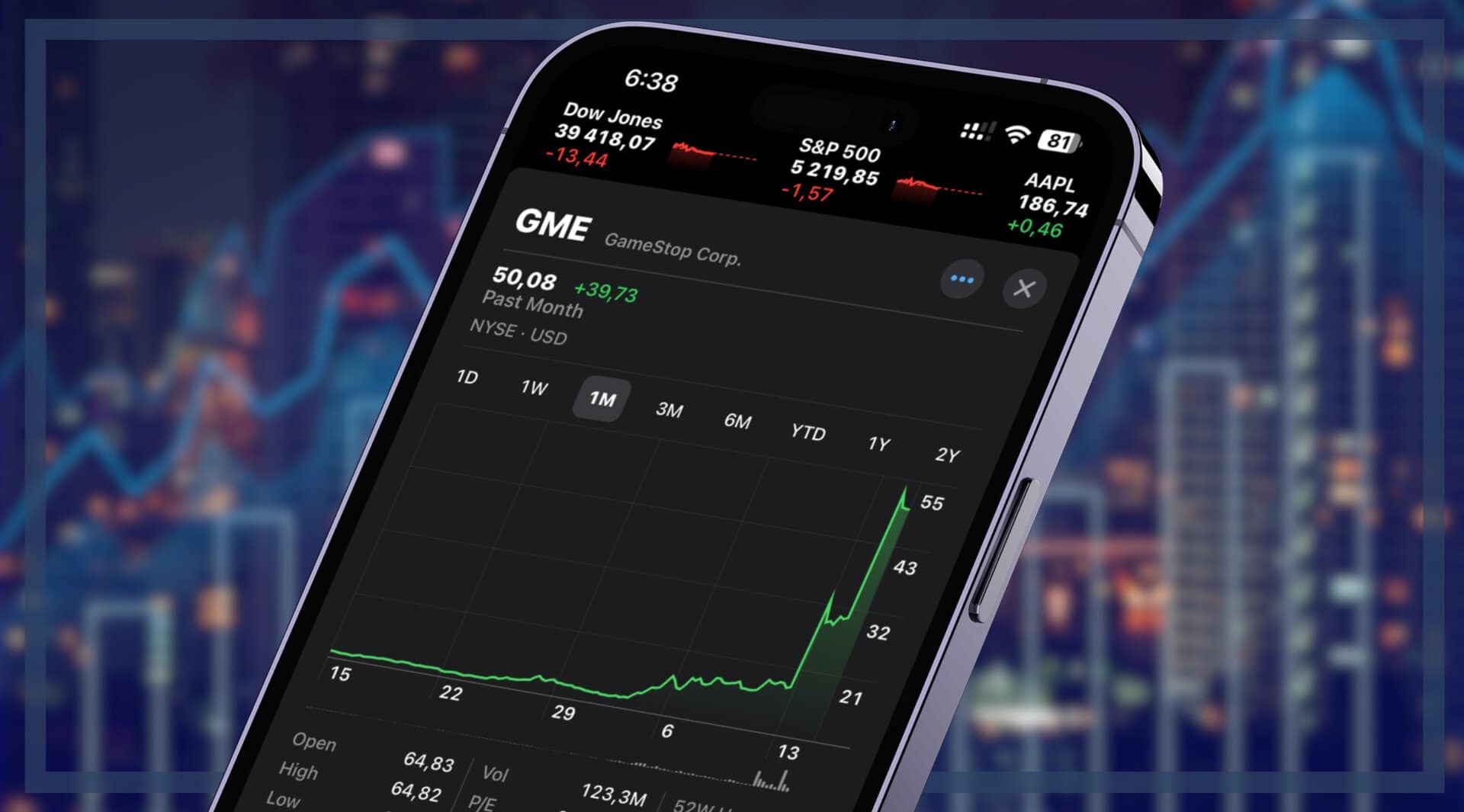Some of the problems currently faced by venture capital funds, asset managers, and investment firms are near-universal. Higher interest rates have made access to cash more difficult and expensive, dampening the appetite for dealmaking. High inflation has battered the valuations of tech companies large and small. Geopolitical uncertainty, particularly stemming from the war in Ukraine, has reduced risk appetite and disrupted energy markets, commodities, stock exchanges, and more.
While the investment climate is difficult in practically every market at the moment, with the possible exception of the Gulf, many are particularly concerned about Israel. For one, foreign investors have raised concerns that Benjamin Netanyahu’s proposed “Override Clause,” which would allow the Knesset to overrule Supreme Court rulings that deem certain laws unconstitutional, could undermine Israel’s reputation as the “start-up nation.” The co-founder of venture capital firm Disruptive, Tal Barnoach, has threatened to withdraw all the fund’s money from Israel if the proposal goes through, citing the potential for widespread political and economic volatility.
Appropriate checks and balances must be agreed upon if #Israel wants to maintain its position as the Startup Nation. Today’s environment is too unstable and polarised to do so though.https://t.co/x7b4I0Pcd3
— #DisruptionBanking (@DisruptionBank) February 17, 2023
There has also been a surge of violence in the West Bank, with over seventy deaths since the start of the year. Since the election of the new Netanyahu administration, which includes the devout Religious Zionist Party, tensions have increased dramatically. This has largely been the result of Palestinian anger over Israeli settlements in the West Bank. While progress has been made towards reducing these tensions, with the Israeli government and Palestinian Authority recently agreeing to a de-escalation deal in Aqaba, some fear that ongoing instability could add to the risks for foreign investors in Israel.
However, Israeli markets are yet to demonstrate much sign of being rattled by these developments. The Israeli Shekel (IRS) is trading strongly against the dollar and has actually strengthened since the start of the year. The Tel Aviv Stock Exchange Index is stable. Inflation is above target at 5.4%, but has not reached the heights seen in other major economies. In the third quarter of 2022, Israel’s top five banks achieved a combined net profit of over six billion shekels, up 30% from the same period in 2021 and putting them in a strong position to navigate any turbulence.
Shekel reverses earlier losses after Wall Street dive and judicial overhaul jitters https://t.co/nwNfjyhVoN
— The Times of Israel (@TimesofIsrael) February 22, 2023
According to Aaron Katsman, President and CEO at Lighthouse Capital, an investment advisory firm based in Jerusalem, “we really haven’t seen any volatility in markets.”
“Will all the threats of businesses pulling out and whatever, the currency is stable. On the days the shekel has weakened, it’s been all because of dollar strength. It’s more or less trending in line with global markets, albeit with its own unique aspects, which every market has,” he added. Katsman said that while the issue of the Override Clause “leads off every newscast and is all over the radio and social media, at the end of the day, when you look at the real barometers you see there hasn’t been much of an impact.”
There is also the possibility that Israeli markets could emerge stronger from this period of political instability, particularly when it comes to the tensions in the West Bank. After all, the Israeli tech ecosystem, which is one of the most sophisticated in the world, owes much of its success to the military. Many of the country’s tech founders are graduates of the Israeli military, with the government pouring vast sums into cyber research and defence systems.
“The geopolitical issue with the West Bank has been going on – I don’t want to say from time immemorial, but it’s been going on for a while,” Katsman said. “Ultimately it was geopolitical risks and security risks from neighbours that gave the initial boost to Israeli high tech, because we had all these technologies that we developed in the army, and then were adapted for consumer adoption.” Heightened tension in the West Bank is likely to mean increased defence spending and investment in technology, something that could potentially provide a boost to the wider industry.
There are further geopolitical trends that could also support the Israeli economy – even during a time of political volatility. Perhaps the most important trend is Israel’s increasingly close relationship with the United Arab Emirates and Saudi Arabia. Since the Abraham Accords were ratified in September 2020, which normalised relations between Israel, the UAE, and Bahrain, business between Israel and the Gulf has increased significantly. “I get emails and invitations five times a week for joint conferences with the UAE,” Katsman noted. “It’s just exploded. There’s not really a way to quantify the amount of business that has been done but there’s no question that there’s a lot going on between the two countries.”
Already before assembling his government, Prime Minister-designate Benjamin Netanyahu prepares his first visit abroad — to Abu Dhabi https://t.co/CVNXkRnVnL by @mazalm3
— Al-Monitor (@AlMonitor) December 6, 2022
While business between Israel and Saudi Arabia has not yet boomed in the same way – although there is a widespread belief that they are cooperating in the field of military technology – the return of Netanyahu is providing hope that this will now happen. Netanyahu is known for his hard-line stance on the question of Iran and is committed to preventing the country from acquiring nuclear weapons. This stance chimes with the foreign policy goals of Mohammed bin Salman and Saudi Arabia, which is currently fighting a proxy war with Iran in Yemen.
“Negotiations with Saudi Arabia are back,” Katsman said. “One of Netanyahu’s goals is to do some kind of peace treaty with Saudi Arabia – that would be his crowning achievement. I think a lot is going to be done in this area. Business and economic relationships are going to warm up even more now. I’m very optimistic about that.” Strong ties with Saudi Arabia would be a major boost for the Israeli economy, especially given how much cash the country is investing in light of last year’s oil price spike.
Saudi Arabia recorded $987 million in VC funding in 2022. Deals were up 30% as Saudi attempts to close the gap with the UAE. Strong macro conditions, evolving regulatory framework, and government cash are all playing a role in this. @DisruptionBank https://t.co/VlLkoDZAhu
— Harry Clynch (@clynchharry) January 18, 2023
There are reasons to be optimistic that Israeli markets will be resilient even as the country faces major political and security turbulence. There is little evidence that markets are rattled by events in Jerusalem, nor that markets are performing any worse than the global standard. Ever-closer ties with the UAE and potentially Saudi Arabia also indicate that Israel could be the beneficiary of shifting geopolitical tides in the Middle East. Despite the pessimism that seems to be hanging over discussions of Israel and its economy in many quarters, Israeli markets could be one to watch for 2023.
Author: Harry Clynch
#Israel #Jerusalem #TelAviv #WestBank #UAE #SaudiArabia #MENA















